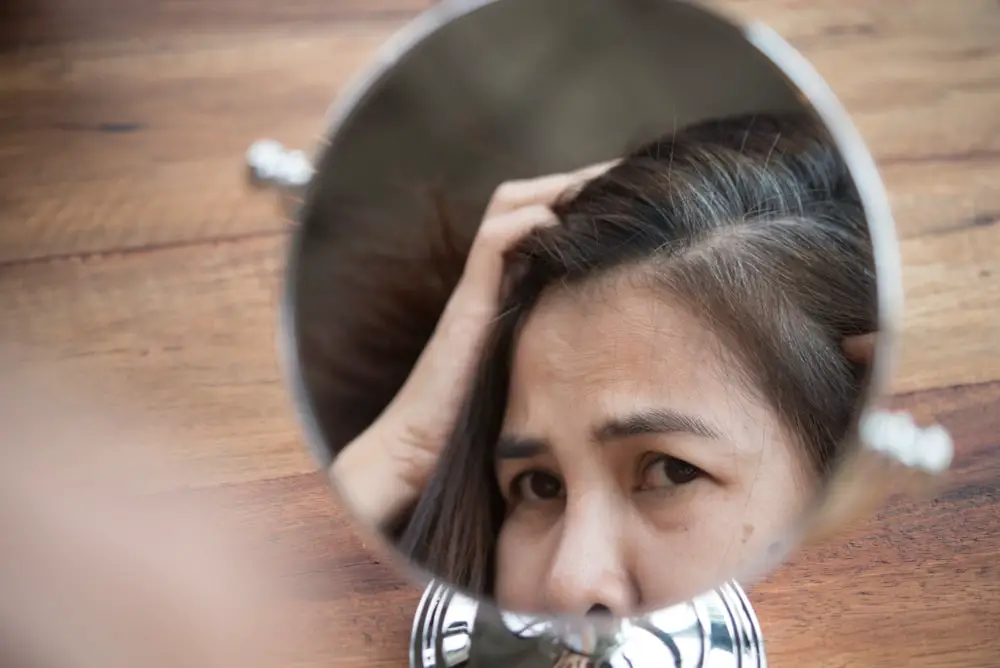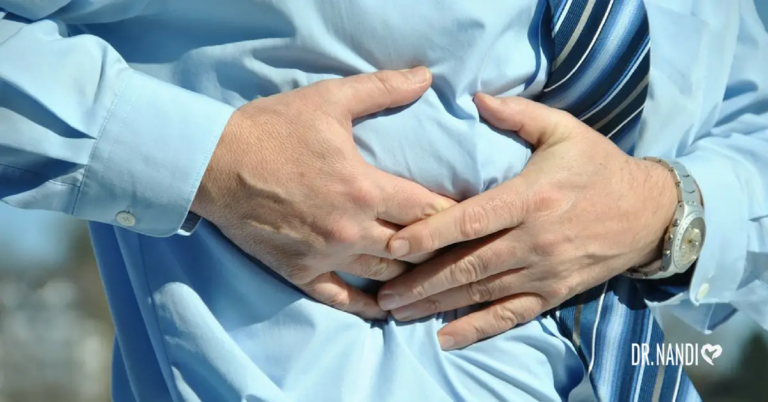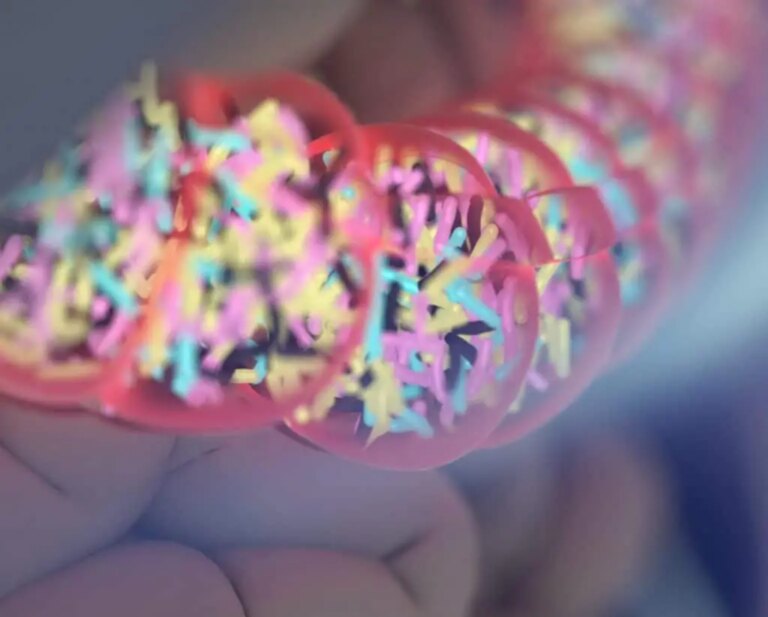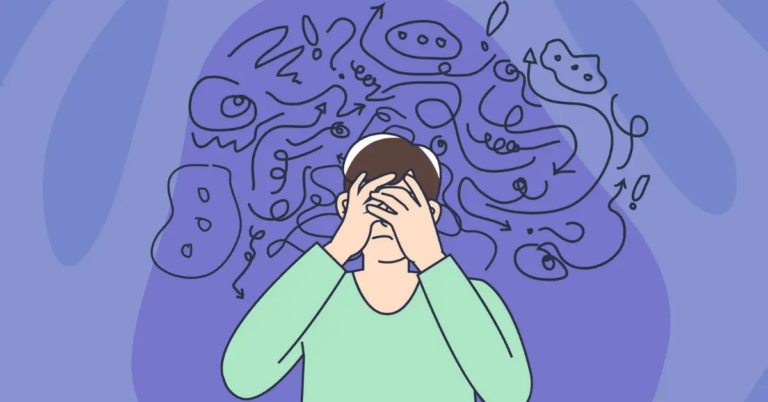As we get older our hair turns gray. Pigment cells in our follicles gradually die off and contain less melanin (responsible for producing the pigmentation in our hair, skin, and eyes) meaning our hair turns gray or white. Depending on genetics or lifestyle, greying can happen anywhere from your 20s upward. But it is not just age that can cause hair to turn gray.
Other Reasons For Gray Hair
Some other reasons may be linked to the discoloration of hair. Some of these include:
- Vitamin deficiencies and diet
- Smoking: A 2013 study showed that smokers are 2.5 times more likely to start showing signs of gray hair than non-smokers (4)
- Race and Ethnicity
- Oxidative stress caused by free radicals may contribute to premature aging (5)
Stress has also been linked to gray hair, with the body’s fight or flight response playing a key role.
When we become stressed, the sympathetic nervous system, the area of the body that manages the fight-or-flight response, sends signals to the adrenal glands to release stress hormones.
One of those hormones is a chemical called norepinephrine, which makes its way throughout the body, including into hair follicles. Norepinephrine affects melanocyte stem cells (cells that determine hair color), causing them to rapidly turn into pigment cells. As a result, those pigment cells move out of the hair follicles which means new hair turns gray or white. (1)
Stress-Induced Gray Hair May Not Be Permanent
A new study, however, by Columbia University Irving Medical Center, has revealed that gray hair caused by stress may not be permanent.
The study focused on 14 healthy individuals aged over 35 years (7 females & 7 males). Dark, white, and bi-color hairs were collected. This excluded dyed or bleached hair; hair treated with chemicals, or hair under 4cm in length. (2)
Under a high-resolution scanner, researchers analyzed individual hairs from the 14 volunteers. The results were compared with each volunteer’s stress journal, where individuals were asked to review and rate each week’s level of stress. The outcome showed that some gray hairs regain their original color once the stress has subsided.
According to study author Martin Picard Ph.D, associate professor of behavioral medicine (in psychiatry and neurology) at Columbia University Vagelos College of Physicians and Surgeons, “There was one individual who went on vacation, and five hairs on that person’s head reverted to dark during the vacation.” (3)
Gray Hair And Stress
Although stress can accelerate the graying of hair, and the reduction of stress may, under certain circumstances reverse gray hair, the study authors did not think that reducing stress in people who had gray hair for several years would have an effect.
“Based on our mathematical modeling, we think hair needs to reach a threshold before it turns gray,” Picard says. “In middle age, when the hair is near that threshold because of biological age and other factors, stress will push it over the threshold and it transitions to gray.
“But we don’t think that reducing stress in a 70-year-old who’s been gray for years will darken their hair.” (3)
Eventually, everyone’s hair will turn white with age. But with the advancement of science and technology such as the study above, we can at least understand the process of how it happens.
Sources
- https://newsinhealth.nih.gov/2020/04/how-stress-causes-gray-hair
- https://elifesciences.org/articles/67437
- https://www.sciencedaily.com/releases/2021/06/210622154339.htm
- https://www.ncbi.nlm.nih.gov/pmc/articles/PMC3673399/
- https://www.medicalnewstoday.com/articles/320288#prevention-and-reversing-premature-white-hair



















